Keywords: University
There are more than 200 results, only the first 200 are displayed here.
-

AUSTRALIA
- Peter Mares
- 21 September 2023
2 Comments
Will the Housing Australia Future Fund make a dent on Australia’s housing crisis? After a political tug-of-war, the government's ambitious $10 billion Housing Australia Future Fund (HAFF) has passed parliament, promising tens of thousands of new homes. But with over 170,000 households on social housing waiting lists and a skyrocketing rental market, the question remains: is the HAFF enough?
READ MORE
-
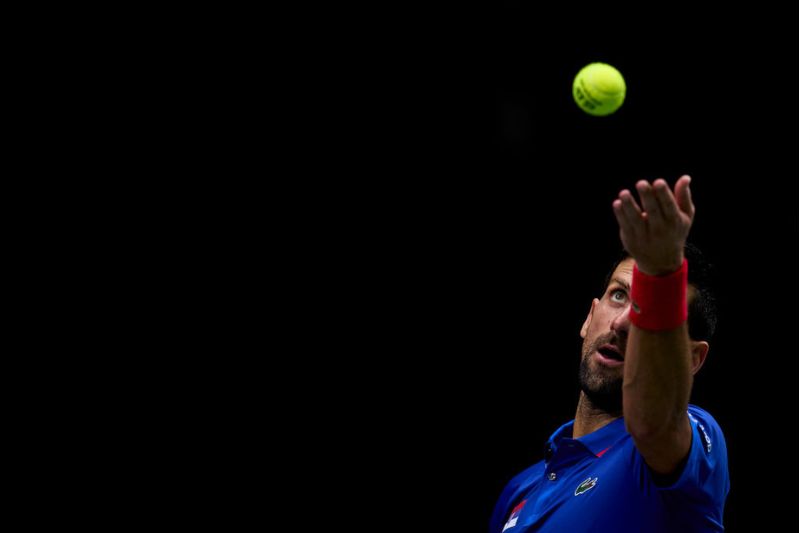
INTERNATIONAL
- Binoy Kampmark
- 20 September 2023
3 Comments
Novak Djokovic's on-court triumphs are undeniable, yet off-court controversies spark widespread debate. Navigating the complex interplay of admiration, critique, and understanding becomes essential in grasping the narrative of this unparalleled yet enigmatic champion. Can we disentangle his sporting prowess from off-court controversies?
READ MORE
-

RELIGION
- Bill Uren
- 15 September 2023
3 Comments
As society grapples with evolving concepts of gender, and as the Catholic Church has maintained a stance in conflict with modern gender theory, recent statements by American bishops spotlight the chasm between doctrine and contemporary gender theories. Can these differences be resolved?
READ MORE 
-
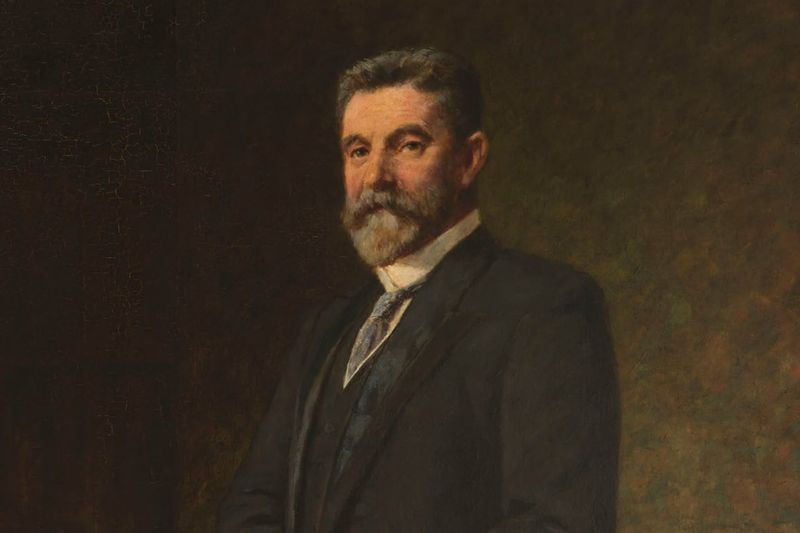
AUSTRALIA
- Andrew Hamilton
- 14 September 2023
4 Comments
As the legacy of historical figures is reevaluated, Alfred Deakin, Australia's second Prime Minister, finds himself under recent scrutiny. A champion of Federation, Deakin also held views towards Indigenous Australians now regarded as abhorrent. But is erasing his name from a university the right step?
READ MORE
-

RELIGION
- John Warhurst
- 14 September 2023
46 Comments
As the Voice Referendum campaign intensifies, many Catholic groups rally behind the Voice. But Australia's church leaders remain above the fray, maintaining neutral positions. As the lines between faith, politics, and indigenous rights blur, should the bishops be more prescriptive on how to vote?
READ MORE
-
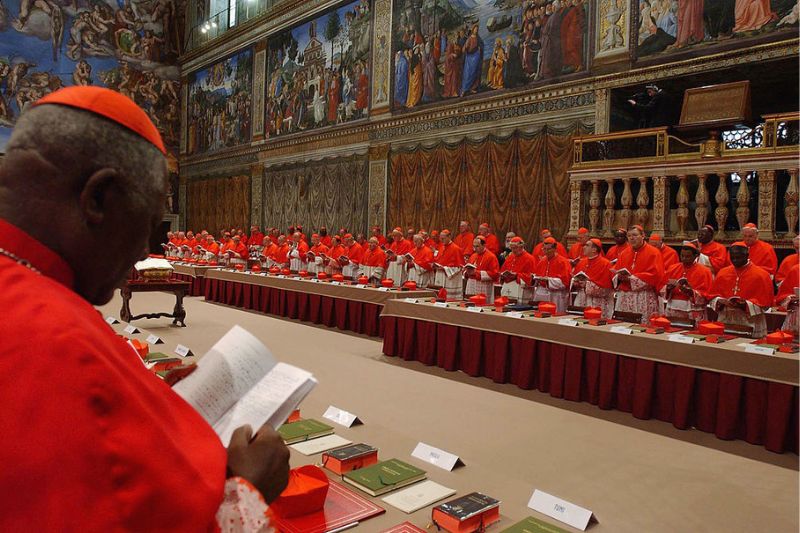
RELIGION
- Miles Pattenden
- 06 September 2023
4 Comments
In a recent interview, Professor of Church History and conclave expert Alberto Melloni passionately argued that the current conclave system, shrouded in secrecy and absent of clear criteria, might be outdated. With the Catholic Church facing unprecedented scrutiny, and in light of reforms initiated by Pope Francis, is it time for the Vatican to reconsider how its supreme pontiff is chosen?
READ MORE
-
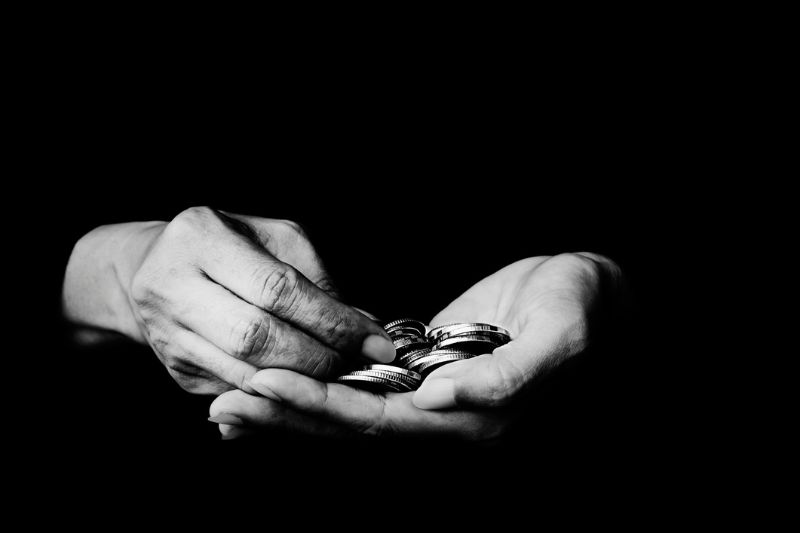
AUSTRALIA
- Mark Gaetani
- 02 September 2023
A new report for St Vincent de Paul Society suggests minor tax and welfare tweaks could lift 834,000 Australians from poverty. Amidst skyrocketing rents and income disparities, the call for an empathetic economic overhaul is louder than ever.
READ MORE
-

AUSTRALIA
- Tony Thompson
- 31 August 2023
In an era where victories are celebrated and mistakes are concealed, the power of the simple phrase 'I am sorry' seems to be vanishing. From personal slights to public gaffes, our society seems increasingly averse to accepting responsibility and offering genuine apologies. But why has this sentiment become so rare, and what does its absence say about the values we hold?
READ MORE
-
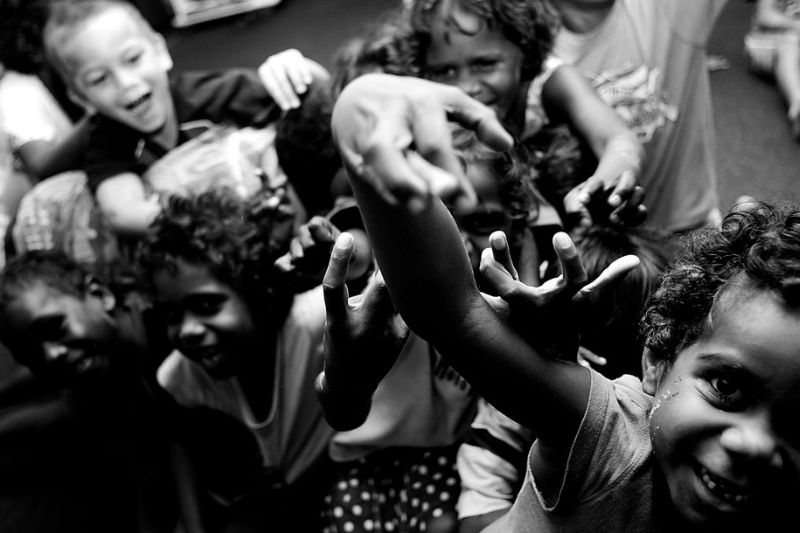
AUSTRALIA
- Brian McCoy
- 30 August 2023
16 Comments
The Kimberley region stands as a testament to both the enduring spirit of Australia's Aboriginal communities and the shadows of colonisation. As the Referendum looms, the potential for a united Voice beckons, inviting Australia towards a harmonious future.
READ MORE
-
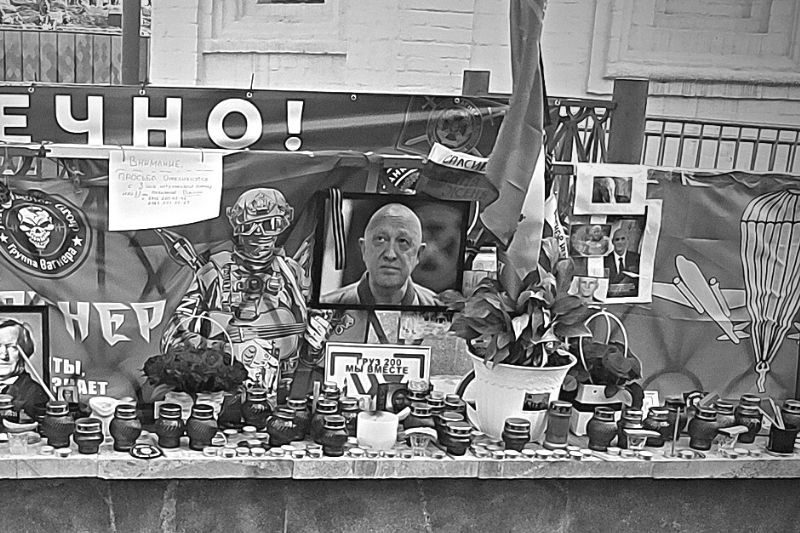
INTERNATIONAL
- Binoy Kampmark
- 29 August 2023
1 Comment
Yevgeny Prigozhin's rise in Putin's Russia reveals the Kremlin's treacherous balance of power. From hotdogs to leading the feared Wagner mercenary group, his ambition culminated in unpredictable consequences. The question is, will Putin be left stronger after this sanguinary purging?
READ MORE
-
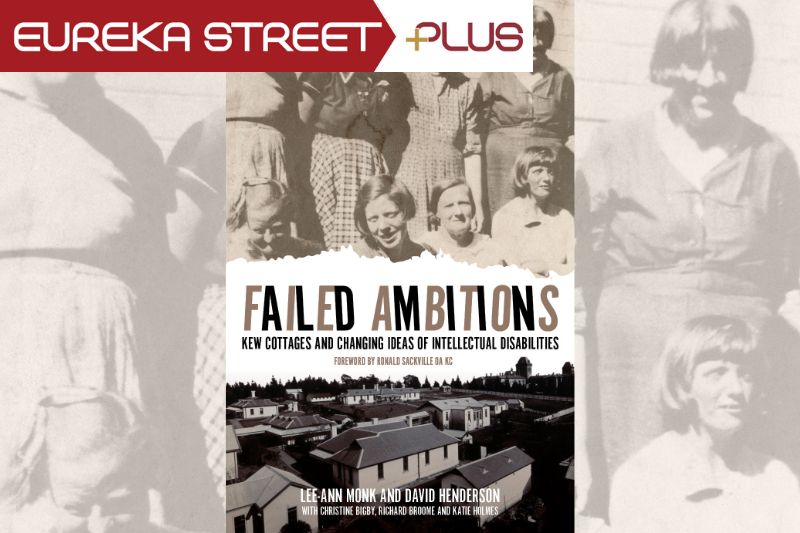
ARTS AND CULTURE
- Andrew Hamilton
- 25 August 2023
1 Comment
Failed Ambitions offers a complex exploration into the history of institutions for individuals with mental illnesses and intellectual disabilities. The book addresses the evolution of attitudes towards these communities, highlighting ongoing struggles with public stigma, systemic neglect, and the importance of giving voice to marginalised individuals.
READ MORE 
-
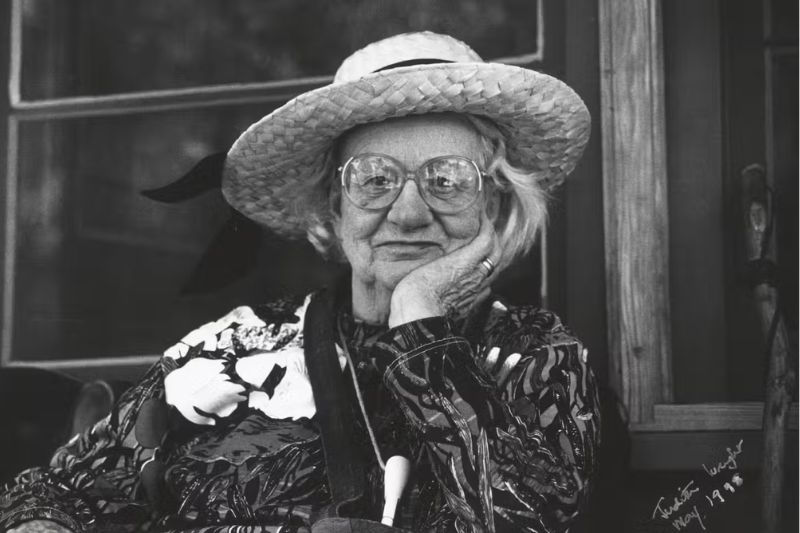
AUSTRALIA
- John Honner
- 24 August 2023
13 Comments
You might think that, if anyone could pull off the establishment of a treaty, a great poet and a great policy maker, working in harmony, would surely have the best chance. But this was not the case: when Judith Wright and H.C. Coombes advocated for a treaty throughout their lifetimes, they were unsuccessful.
READ MORE